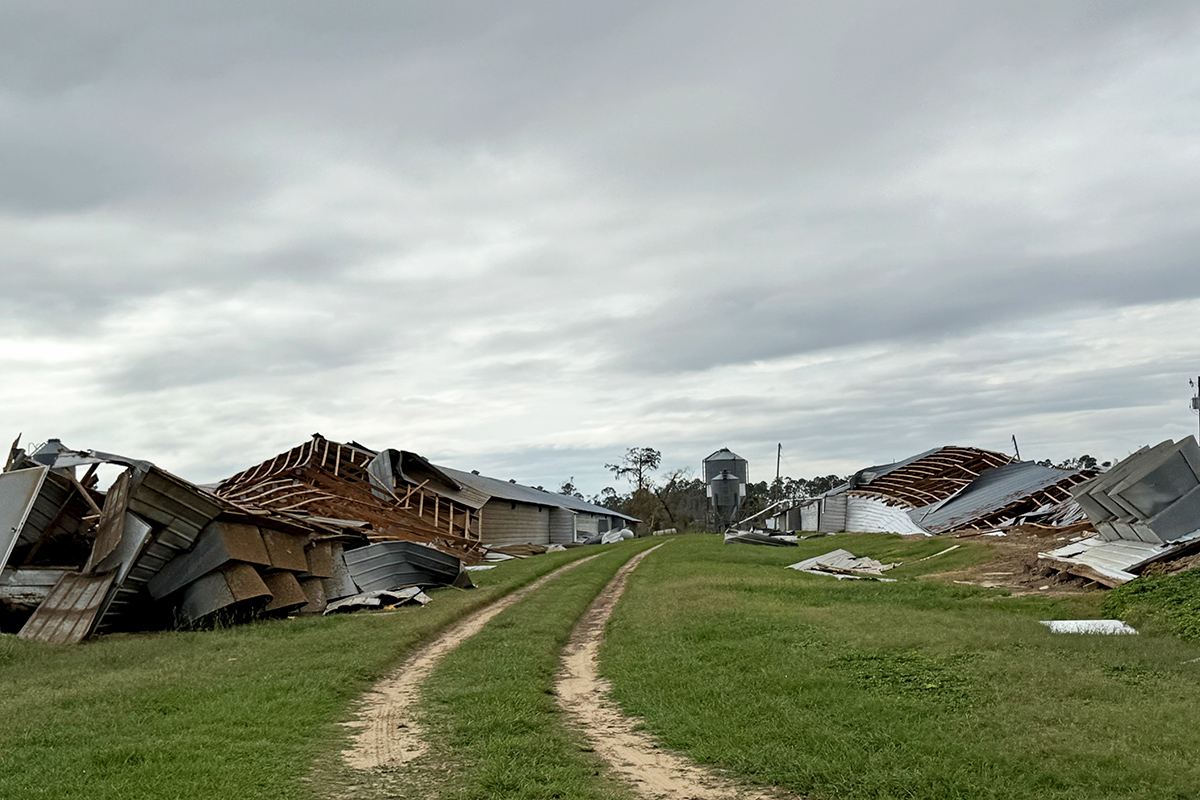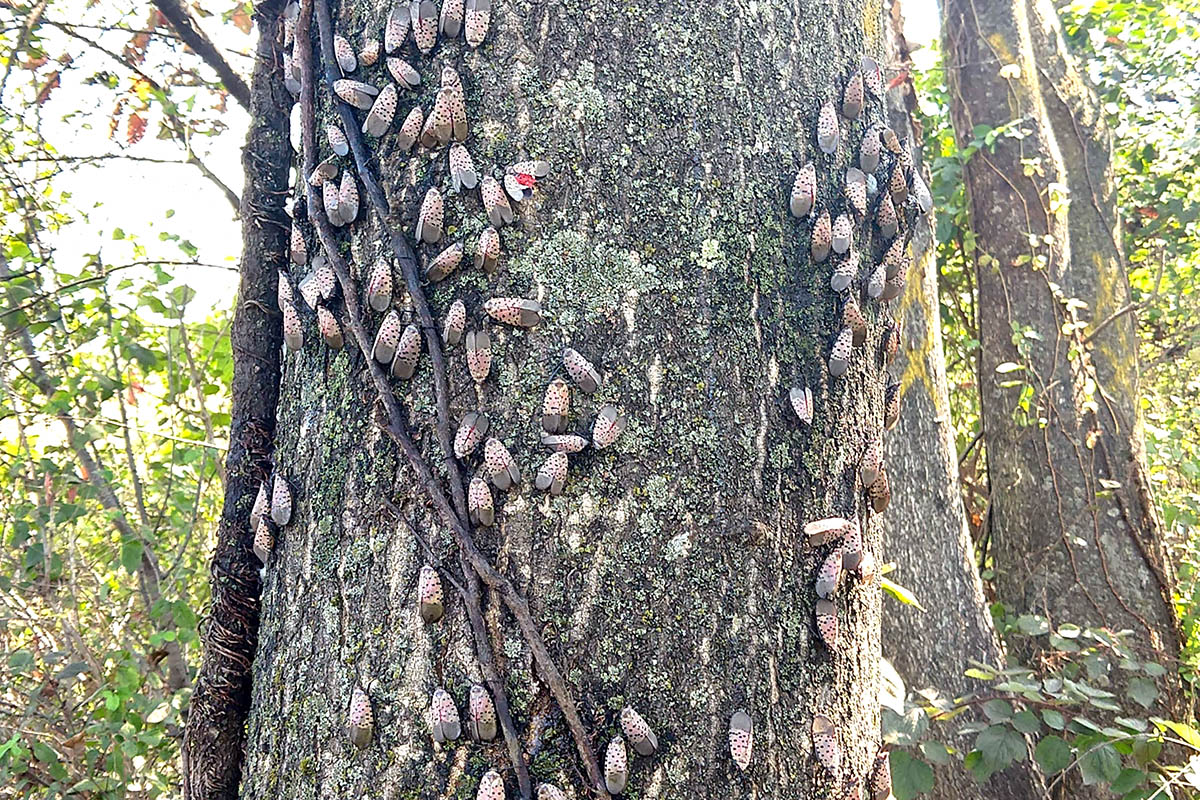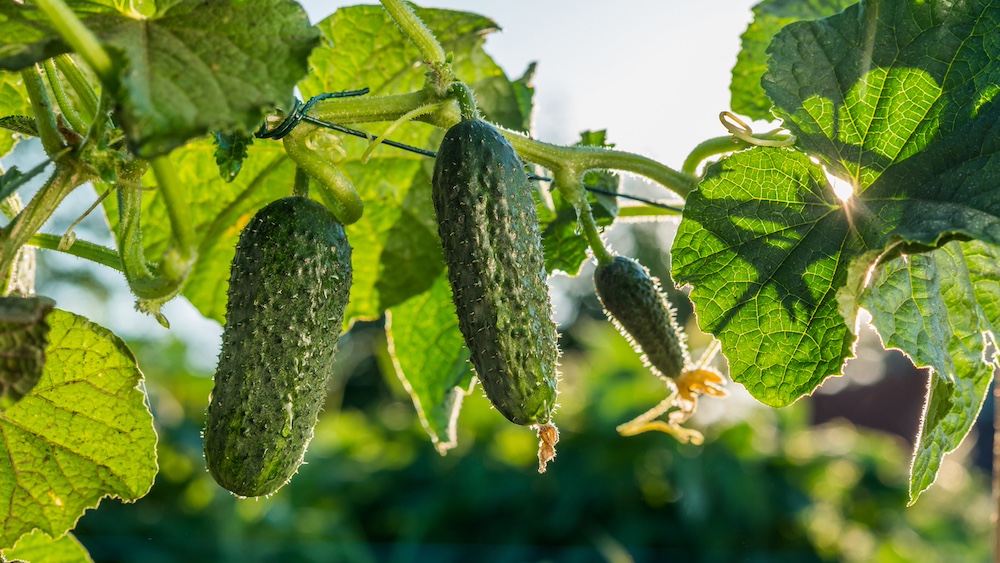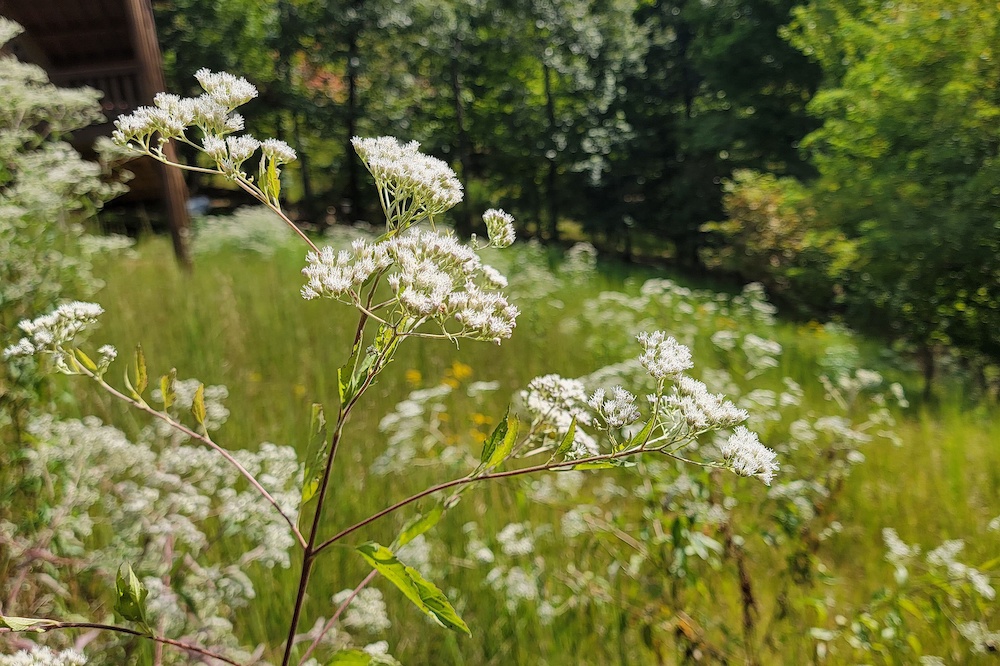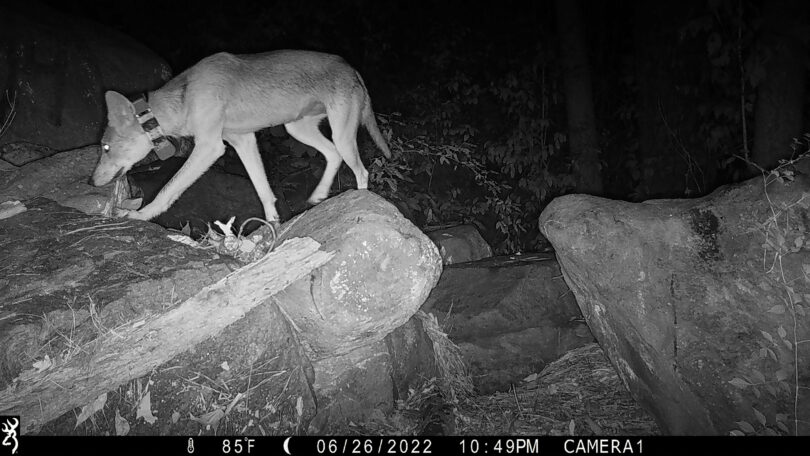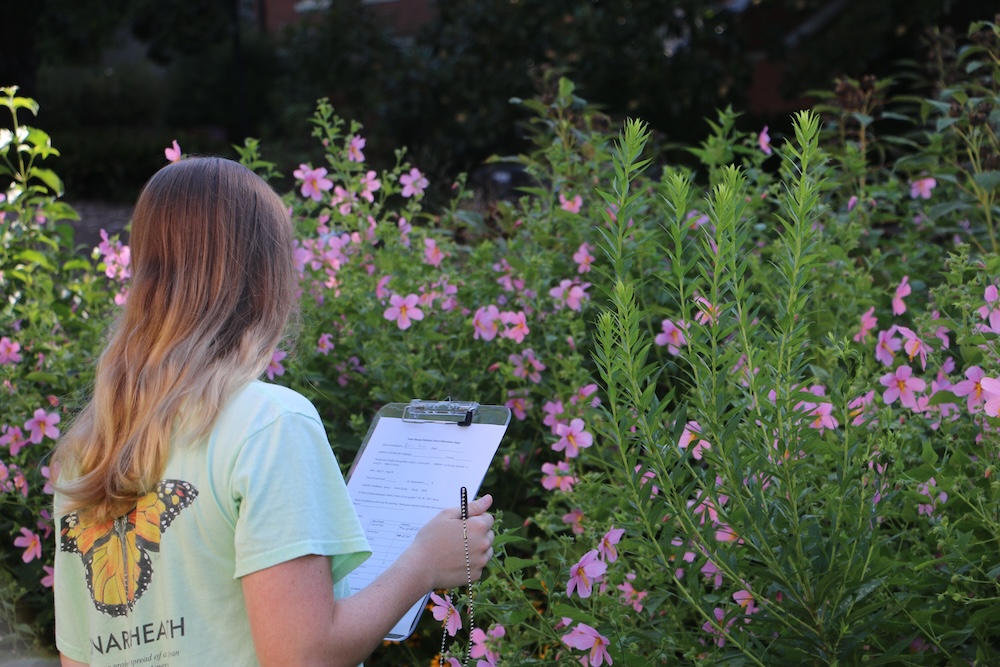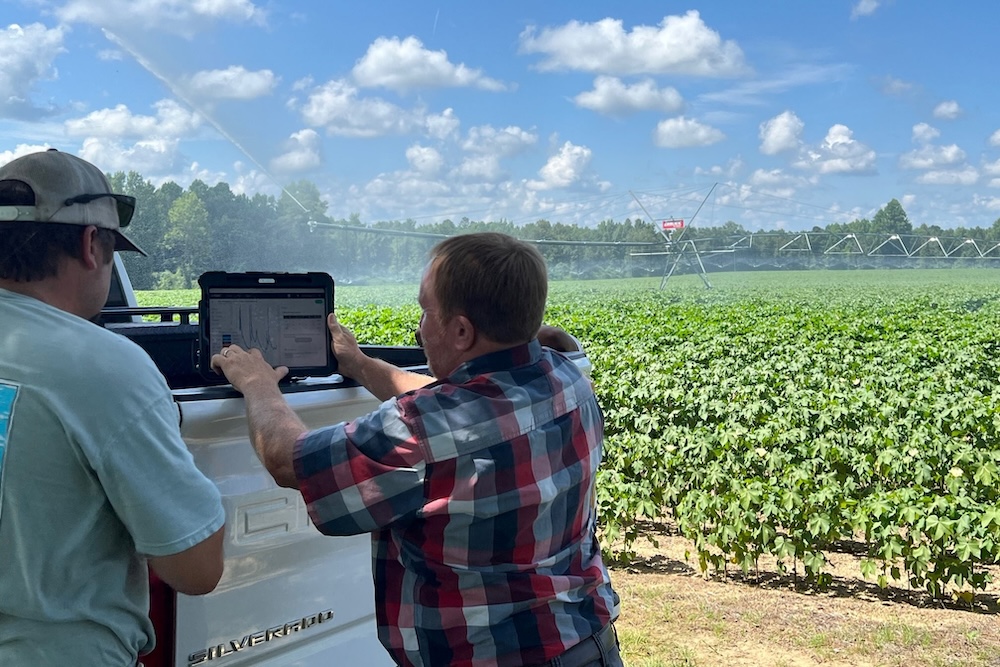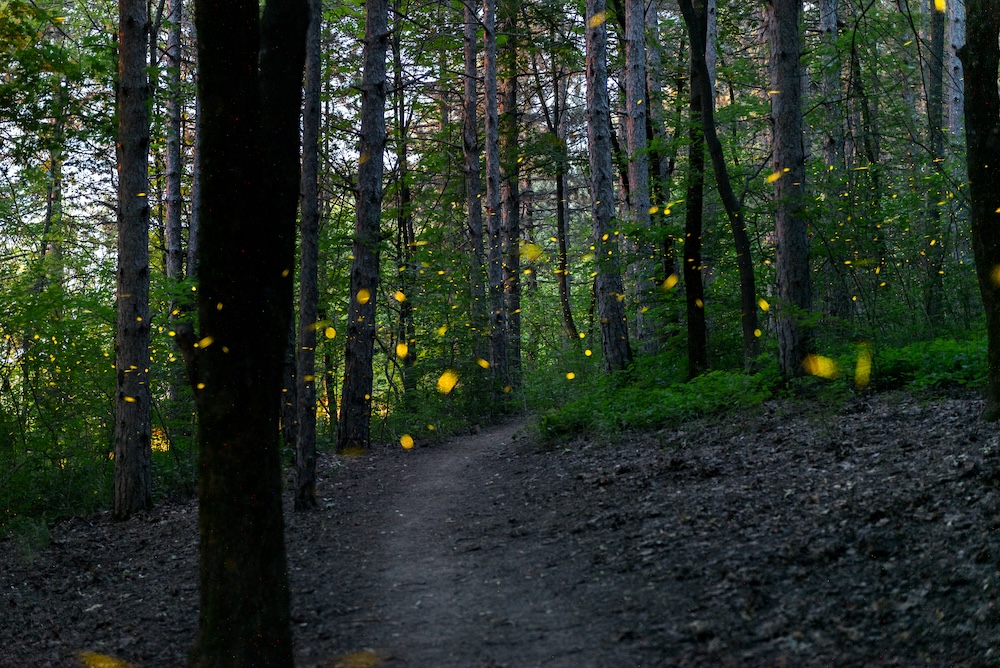 CAES News
CAES News
Green Demo Site
Industry professionals, researchers and the public will soon have access to the latest in sustainable infrastructure technology with the construction of a green stormwater demonstration site at the University of Georgia Research and Education Garden on the UGA Griffin campus. The groundbreaking ceremony was held Nov. 22 with plans to complete several demonstration areas by the end of 2024.


